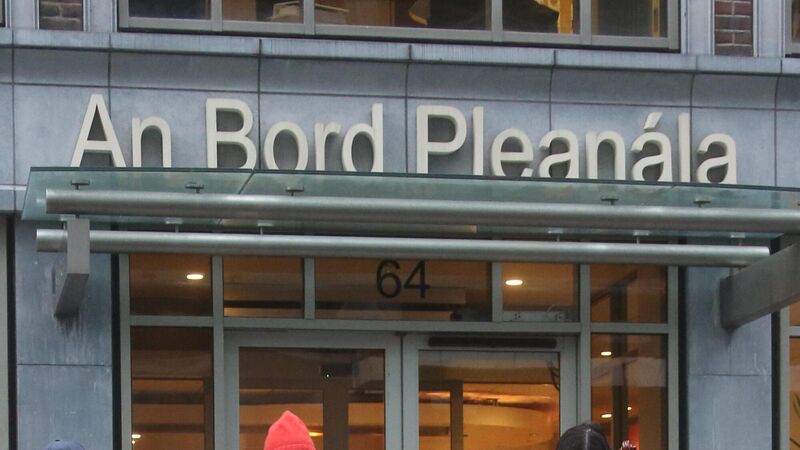Mick Clifford: Do ABP revelations mean Government must plan for wider inquiry?

The inspector’s report is supposed to be independent of the board and is considered by the board in making deliberations. Picture: Gareth Chaney/Collins Dublin
There is a long tradition of how “the inquiry” is set up in Irish politics. A controversy arises, often through the media, and the government reacts by setting up the inquiry.
More often than not, this is designed in the first instance to take the heat out of the controversy.
















